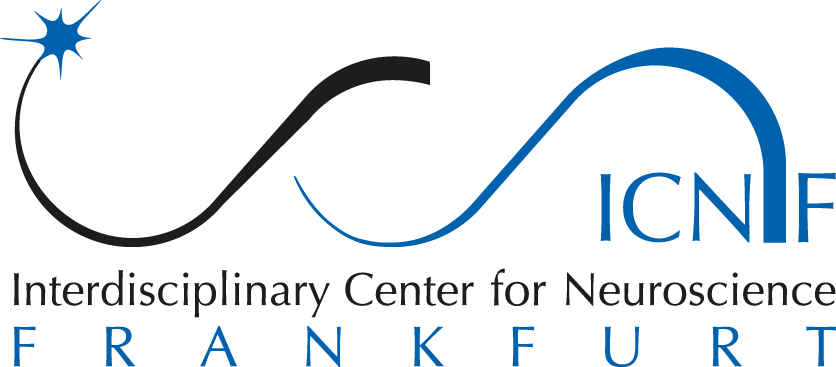Alzheimer’s disease – new ways to early diagnosis and therapie?
Prof. Dr. Harald Hampel, Director of the Clinic for psychyiatry, psychosomatics and psychotherapy
Usually, scientists subdue the hope of breakthrough successes in medicine, but in the battle against Alzheimer’s many are confident that our understanding of the basic factors underlying the disease has made great progress. This means that research is tracking down clear and early diagnostics as well as effective therapies. In the future, doctors will have access to new biological and imaging procedures as diagnostic tools. Everyone has the right that the earliest signs of disease, such as memory loss, are recognized in order to deal with these in time and start early treatment. Researchers see themselves as facing a race against time with the increasing demographic epidemic of Alzheimer’s disease.
Today there are 37 million Alzheimer’s patients worldwide, and in 2050 this will reach over 115 million. However, such successes throw up more questions: in some studies the tested drug diminished Alzheimer’s plaques in the brain, but the disease progressed no differently than in untreated patients. Is this avenue a dead end? Currently, more than 200 new medication studies are underway worldwide. Among these there are a whole range of promising candidates.
